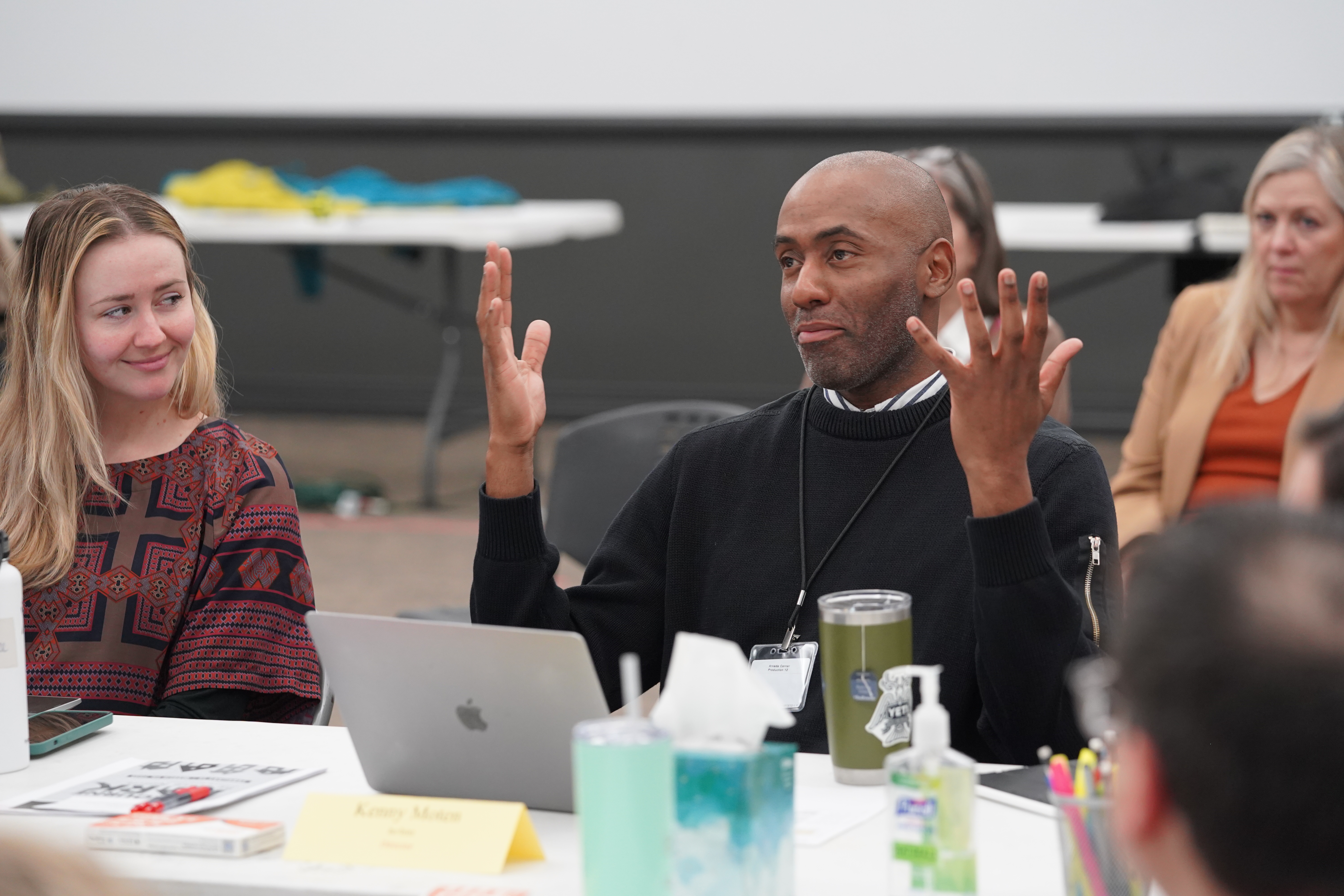A Note from Kenny Moten
Read More About the PlayA note from Kenny Moten, director of Clybourne Park
Directing Clybourne Park is deeply meaningful to me. This play takes on race, privilege, and community, forcing us to confront uncomfortable truths we often avoid.
The story feels especially relevant today, in a time when people seem more disconnected than ever. Conversations about race, class, and belonging are often avoided or reduced to sound bites. Clybourne Park exposes the fears, biases, and assumptions that still shape our interactions and institutions. It challenges us to reflect on how we contribute to the very divisions we claim to want to overcome.
The play’s structure—two acts set decades apart—creates a powerful dialogue about progress and how much (or how little) has changed. The first act, set in the 1950s, reveals the fears and prejudices that drive exclusion. The second act, set in the present, shows how those same dynamics persist in quieter but still harmful ways. For me, the play is about connecting the past and present and examining how the choices we make today shape the future.

Director Kenny Moten in rehearsal for Clybourne Park, photo by Collin Sanders
As a Black man, directing this play allows me to bring my perspective and lived experience to the story. I’ve felt the weight of many of these dynamics and have seen how spaces—both physical and emotional—are shaped by power, privilege, and exclusion. My goal is to ensure every moment feels honest and resonates with humanity.
Ultimately, I hope this production sparks conversations that reach beyond the theater. Clybourne Park is not just about one community or era; it reflects the ongoing struggle to create spaces that are inclusive and equitable. Let this story inspire you to talk, reflect, and take even small steps toward building a future that values connection over division. The play ends, but what happens next is where the real story begins.


